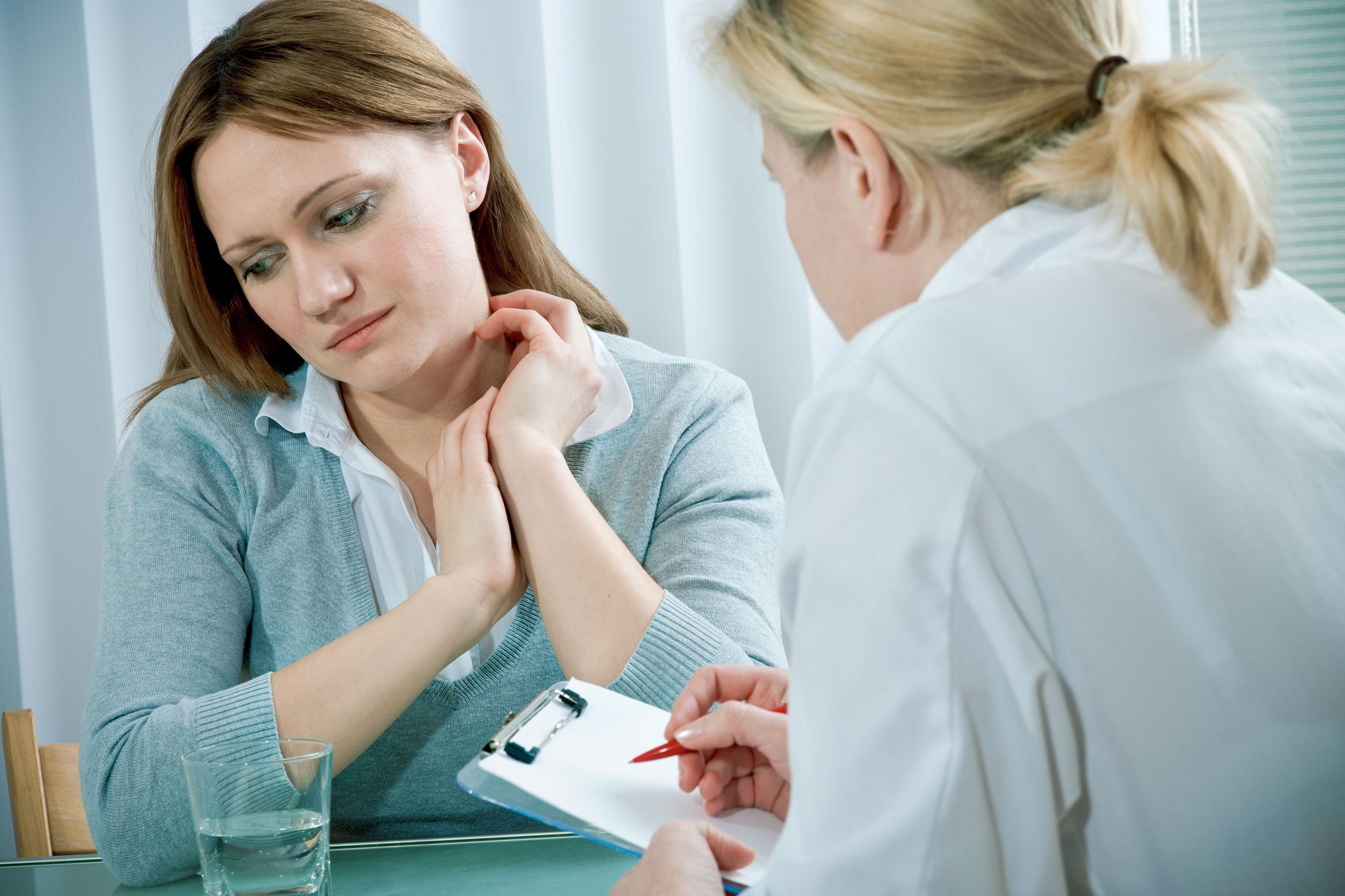Once a girl endures her first menstrual cycle, she should begin seeing a gynecologist to maintain her reproductive health. Gynecology is defined as “physiology and medicine that deals with the functions and diseases specific to women and girls, especially those affecting the reproductive system,” which makes it a necessary specialty for women. While many women avoid visiting the gynecologist, there are a few reasons these visits are a necessary part of womanhood.
STD Screening
Whether you have had sexual encounters with many or few people, one of the most important services a gynecologist provides is regular screenings for sexually transmitted diseases and infections. STDs and STIs are on the rise in many parts of the world; any woman who is sexually active will benefit from the screenings. Additionally, some STDs don’t even require sexual intercourse to put you at risk, so it’s important to maintain an open line of communication with your doctor, especially if you notice changes in your body, including irregular discharge, painful menstrual cycles, or missed periods.
Pap Smears
When you go to an appointment at your gynecologist’s office, you also will receive a pap smear. During your pap smear, the doctor will take a sample of cells from your cervix and test for abnormal cells. If abnormal cells are detected, it could be a sign of an STD, hormonal changes, or cancer. Depending on your test results, your doctor may retest you a few months later to measure changes, or he may have you come in immediately for another exam. If your pap smear comes out normal, you only need your regularly scheduled exams.
Contraceptives
Once your exam is over, your doctor will be open for questions regarding different types of contraceptives. While contraceptives are primarily used to prevent pregnancy, they can also be prescribed to regulate your period if you experience infrequent and unpredictable menstrual cycles. Contraceptives are available in many forms, and your gynecologist is available to answer any questions about the differences.
When to See a Gynecologist
Usually, you will only need to see your gynecologist for regularly scheduled exams. However, if you notice changes in your reproductive organs or breast tissue, you should notify your doctor immediately. Additionally, your gynecologist is available for questions about your contraceptives, allowing you to change them if needed. Since a gynecologist does not require a referral from a doctor, take the time to find the right physician for your specific care.


